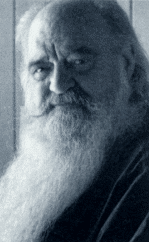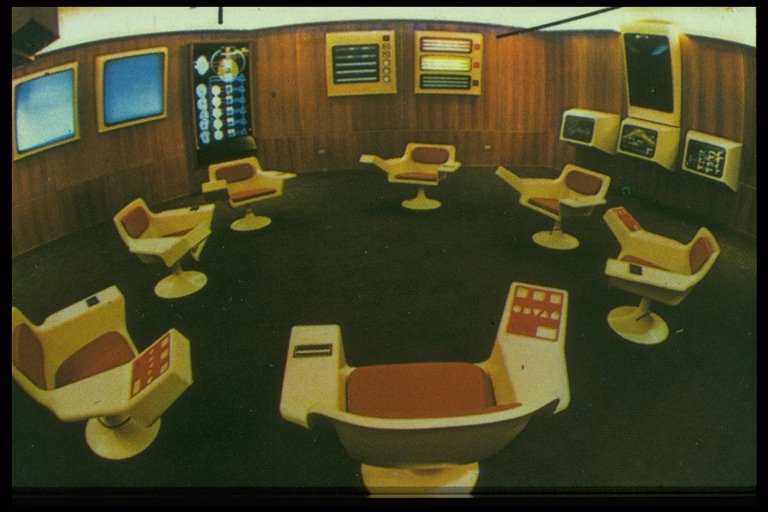In the wake of the new Japanese Prime Minister having a doctorate in operations research, David Curran (iamreddave on twitter) pointed out that there was a previous effort of having a country run by operations research (or operational research, in this case).
 Stafford Beer was one of the founding people in British operational research. He was one of the people who saw operational research in World War II and adapted those methods to work in practice, in his case at United Steel, followed by some consulting companies. He ended up founding many aspects of systems science and “cybernetics” (a term I rarely hear these days). The (British) Operational Research Society gives out a medal in his honor:
Stafford Beer was one of the founding people in British operational research. He was one of the people who saw operational research in World War II and adapted those methods to work in practice, in his case at United Steel, followed by some consulting companies. He ended up founding many aspects of systems science and “cybernetics” (a term I rarely hear these days). The (British) Operational Research Society gives out a medal in his honor:
Stafford Beer Medal
This award is named in memory of Stafford Beer, a world leader in the development of systems ideas, especially management cybernetics, and President of the OR Society 1970-71.
The Stafford Beer Medal is awarded in recognition of the most outstanding contribution to the philosophy, theory or practice of Information Systems and / or Knowledge Management published in the European Journal of Information Systems or Knowledge Management Research & Practice within the relevant year.
In 1970, Beer got hooked up with Salvador Allende’s Chilean government (an elected, socialist one) and he had the great idea of hooking up offices all around the country through unused telex machines. By setting up these telex machines in factories around the country, linked at a central control room, Allende’s ministers could guide production and distribution at a country-wide level.
 The system, named Cybersyn, had its greatest success in reaction to a country-wide strike. There is a fascinating article from the Guardian a few years ago on this whole episode:
The system, named Cybersyn, had its greatest success in reaction to a country-wide strike. There is a fascinating article from the Guardian a few years ago on this whole episode:
Across Chile, with secret support from the CIA, conservative small businessmen went on strike. Food and fuel supplies threatened to run out. Then the government realised that Cybersyn offered a way of outflanking the strikers. The telexes could be used to obtain intelligence about where scarcities were worst, and where people were still working who could alleviate them. The control rooms in Santiago were staffed day and night. People slept in them – even government ministers. “The rooms came alive in the most extraordinary way,” says Espejo. “We felt that we were in the centre of the universe.” The strike failed to bring down Allende.
There is also a wikipedia page on Cybersyn.
The story has a sad ending, of course. A military coup took over, assassinated Allende and destroyed Cybersyn. Beer, out of the country at the time, was clearly affected:
Soon after the coup, Beer left West Byfleet [his home at the time], his wife, and most of his possessions to live in a cottage in Wales.
It is a great story, and I highly recommend the Guardian article (and thank Dave for the pointers).
I both love and fear the idea of operations research running a country. There are many times I look around and think “If only we could get organized, we could run this much more efficiently”. I particularly think this when waiting in line or looking at a set of transportation schedules that don’t interact correctly. But, given the trouble I have getting something like a sports schedule together, I don’t think having an OR model run a country is particularly realistic. Cybersyn did show the value of having free information flow, and the coup’s response showed how threatening that flow can be to entrenched interests.
Isn’t the control room cool. It looks like it is robbed straight from Star Trek? http://upload.wikimedia.org/wikipedia/en/7/70/Cybersyn_control_room.jpg
Thanks Dave: I’ve added the picture to the post.